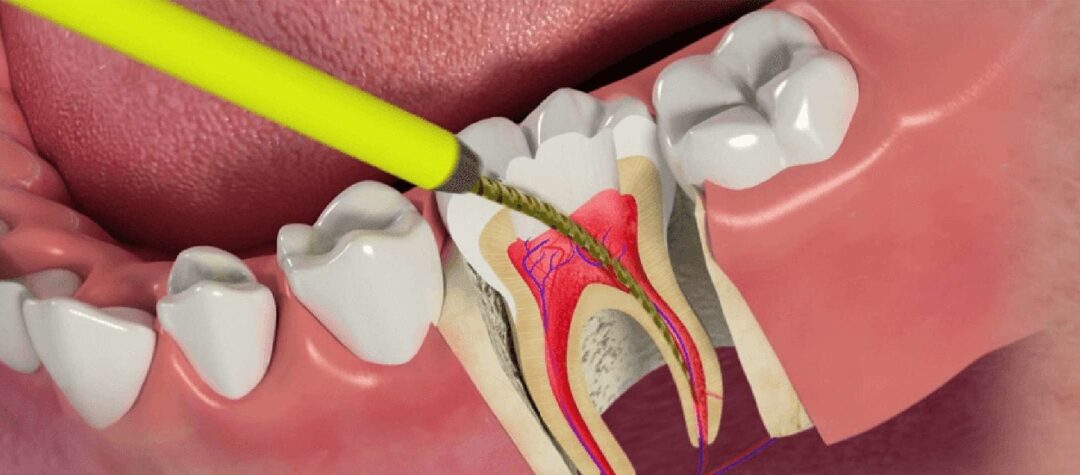Advantages of Root Canal Treatment
In the realm of dental procedures, root canal treatment stands out as a significant intervention aimed at alleviating pain and preserving the natural tooth. Despite common misconceptions and fears associated with this treatment, understanding its advantages and considerations can demystify the process and highlight its importance in dental health maintenance. This article delves into the advantages of root canal treatment and provides insights into essential considerations associated with the procedure.
Pain Alleviation
One of the most immediate benefits of a root canal is pain relief. When the pulp of a tooth, which contains nerves and blood vessels, becomes infected or inflamed, it can cause intense pain. Root canal treatment removes this infected or inflamed pulp, thereby alleviating the pain. The procedure is typically performed with local anesthesia, ensuring that it is as pain-free as possible.
Infection Control
An infection in the tooth pulp can spread if left untreated, potentially leading to abscesses or even systemic infections affecting other parts of the body. By removing the infected pulp and sealing the tooth, root canal treatment stops the infection in its tracks, promoting overall health and well-being.
Tooth Preservation
Root canal treatment is a tooth-saving procedure. Without it, a tooth that is severely decayed or infected would need to be extracted. By opting for a root canal, patients can preserve their natural tooth, maintaining their natural bite and chewing efficiency. This is crucial for oral health, as keeping the natural tooth helps prevent other teeth from drifting out of line and causing jaw problems.
Enhanced Appearance
A tooth that has undergone root canal treatment is usually capped with a crown, which not only strengthens the tooth but also improves its appearance. Modern dental technology ensures that these crowns are made to match the color and shape of the natural teeth, offering a cosmetic benefit alongside the medical ones.
Cost-Effective and Efficient
Compared to tooth extraction and the subsequent procedures required to fill the gap (like an implant or bridge), root canal treatment is generally less expensive and requires fewer visits to the dentist. It is a cost-effective way to treat problems of the tooth’s soft core and is usually covered by most dental insurance plans.
Considerations and Precautions
While the advantages of root canal treatment are significant, certain considerations and precautions should be taken into account:
1. Procedure Complexity
The complexity of a root canal procedure can vary significantly depending on the individual case. Factors such as the location of the tooth and the configuration of the root canals may affect the difficulty of the procedure. It’s important to have the treatment performed by an experienced endodontist or dentist.
2. Post-Procedure Care
After a root canal treatment, the tooth is more brittle and prone to fracture until it is fully restored with a crown or a filling. Patients need to be cautious with the treated tooth and follow the dentist’s recommendations regarding oral hygiene and follow-up visits to ensure successful healing.
3. Possibility of Retreatment
In some cases, a tooth that has undergone root canal treatment may need to be retreated due to recurring infections or complications. This is relatively rare but can occur if the tooth has a complex canal anatomy that was not fully cleaned and sealed during the initial treatment.
4. Consideration of Alternative Treatments
While a root canal is often the best choice for saving a natural tooth, it’s not the only option. In some cases, extraction and replacement of the tooth with a dental implant or bridge may be more appropriate. The decision should be made in consultation with a dental professional, considering factors such as the tooth’s structural integrity and the patient’s overall health and preferences.
Conclusion:
Root canal treatment is a valuable dental procedure that offers numerous advantages, including pain relief, infection control, tooth preservation, improved aesthetics, and cost-efficiency. However, it is also a complex procedure that requires careful consideration and post-procedure care. By understanding both the benefits and the considerations associated with root canal treatment, patients can make informed decisions about their dental health and achieve the best possible outcomes. Always consult with a dental professional to determine the most suitable treatment option for your specific needs.


Recent Comments